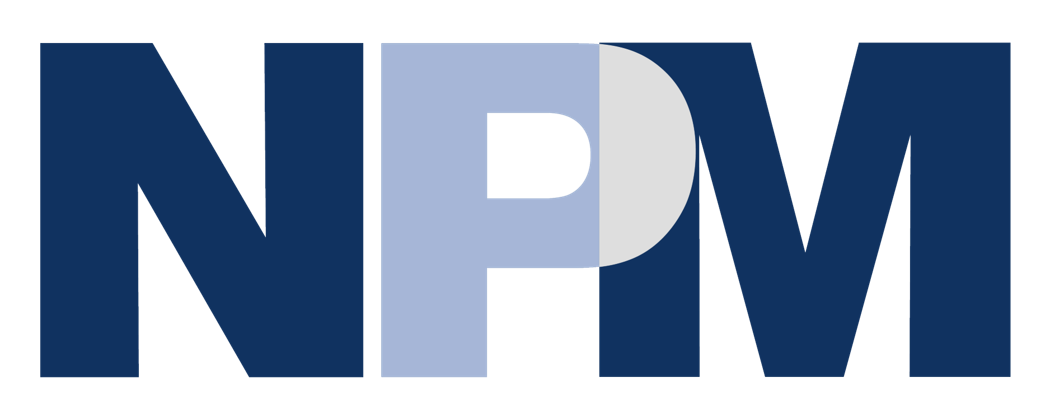Industry pros weigh solar development pipeline following Auxin tariff inquiry
The Solar Energy Industries Association (SEIA) published a 16-slide analysis on April 7 which outlines a very bearish outlook for the solar development pipeline if the US Department of Commerce acts on the country-wide circumvention inquiry request made by Auxin Solar Inc.
The inquiry will determine if imports of “crystalline silicon photovoltaic cells, whether or not assembled into modules, which were completed in Cambodia, Malaysia, Thailand or Vietnam using parts and companies from the People’s Republic of China (China) are circumventing the antidumping duty and countervailing duty orders on solar cells and modules in China.”
If Auxin’s allegations are upheld, the DOC could order the tariff be applied the day an initial decision is made—August 2022—or even as early as November 4, 2021. The tariff could be anywhere from 50% to 250%.
SEIA surveyed 412 developers around these issues of which 80% responded that it can expect severe to devastating negative impact in 2022 and 78% had already cancelled or delayed module supply. That would exasperate an already problematic supply chain situation, with shipping and labor constraints currently straining development pipelines resulting in cost increases to power purchase agreements (PPA).
Price increases have led to one-third of 4Q21 projects being delayed an additional fiscal quarter or more and 13% of poll respondents expected 2022 projects delayed by a year or more or canceled outright, according to SEIA.
Developers and industry experts interviewed for this story with projects already under construction in 2022, feel they will likely be safe from the impacts of any tariff ruling as their modules have already been secured. However, the next round of projects in the pipeline, are the ones that will likely get directly hit, they said.
The probe impacts pipeline projects, those nearing construction, “directly slowing” the transition away from fossil fuel-fired generation, according to Cyrus Tashakkori, President of Austin, Texas-based developer Open Road Renewables.
But projects that aren’t as far along will still feel the effect of the uncertainty, as the size of the tariffs that could come out of the process are unknown, meaning financing and offtake agreements will be harder to secure, he said.
“It is really in the middle innings where developers are coming up to the point where they need to order modules and construction starts are slated in the next 12-to-18 months where the most afflictive project development conundrums will arise,” added David Riester, founder and managing partner of Segue Sustainable Infrastructure, who works with a lot of nascent developer teams.
The ongoing supply chain crisis, which has slowed down shipping, has also forced developers to order modules even earlier, added Riester.
“The lead times on these orders definitely compounds the issue,” said Riester.
The tariff would have the opposite effect sought by those who initiated the probe, according to Tashakkori.
"It’s critical for policy makers to understand that the vast majority of solar jobs are in installation and services, not in manufacturing,” he said. “This probe perpetuates a trade tariff dynamic that costs 100 American jobs for every 1 that is created. These anti-trade policies are bad for US jobs and bad for the climate.”
In the meantime, larger developers such as Origis Energy are starting to set up their pipelines on advance orders. Origis put in an order last month for 400 MW of its bifacial performance line solar modules for deliveries to commence in June of 2023 and conclude at the end of 2023. Earlier today, Origis ordered 740 MW of First Solar cadmium telluride thin film PV solar module for delivery in 2024.
“Origis will continue to do all within our power to meet customer clean energy goals. Recent procurement announcements with First Solar and Maxeon Solar Technologies help us weather the current headwinds,” said the company’s CIO and operations officer Samir Verstyn in an emailed statement to NPM.
*This story was originally published exclusively for NPM subscribers earlier this month.
New Project Media (NPM) is an actionable data & proprietary intelligence platform dedicated to coverage of the North American renewable energy market. NPM helps leading developers, capital providers, investors, advisors, utilities and corporate subscribers enhance their deal flow, peer tracking, market research, and origination efforts by leveraging its content to inform business decisions.


